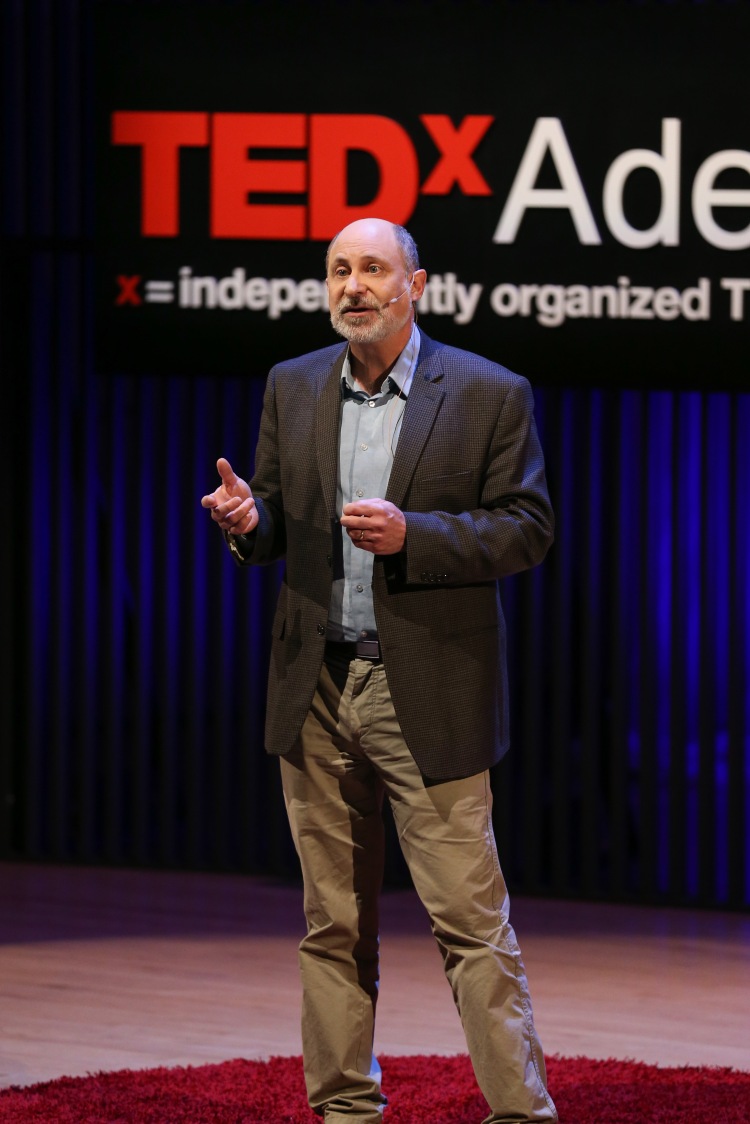On one of the more academic message boards I follow, someone asked, “How do we know the First Temple (Solomon’s Temple) actually existed? Those who took the man’s question at face value gave proof texts from many different books in the Bible while admitting that there is no archeological evidence. There is no archeological evidence because one cannot/should not excavate under the Dome of the Rock. No matter, the skeptic was not convinced; he became belligerent.
His belligerence only confirms the status of this person – the man is ignorant. The stupidity of the question is easily explained by the course of Israelite history. Solomon’s Temple and his palace was a turning point in Israelite history but not because of a standing House of Worship dedicated to the One God. The excesses of slave labor and the territorial ceding of twenty-three towns and villages in the northwest corner of the country to the Kingdom of Tyre to pay for these buildings led to civil war and a split of United Kingdom into the minor kingdoms of Judah and Israel, kingdoms that never reunited. If the skeptic had studied the Biblical history of the First Temple just a little bit, then the question never would have been asked.
A cliché that has been tossed about for years, usually to encourage shy students, is “there is no such thing as a stupid question.” For a shy student who is afraid to ask, asking any question is a pedagogical success because the content of the question does not matter as much as the new interaction with the teacher. A first question becomes a starting point for teaching a student how to engage the material. However, the cliché is not always understood from a teacher’s point of view but is assumed as a broad statement of academic integrity, that is to say, any question is legitimate. Perhaps in perfect world but in our day the cliché is just a “feel good” sentiment that permits ignorant questions that suck time, effort and life out of a lesson or conversation. When questions and challenges stop the learning process, they are stupid questions. Belligerence on the part of questioner is one of the symptoms of destructive pedagogic behavior.
Skepticism, a philosophical tool of the Greeks, was developed to test the soundness of an argument and its assumptions. Skepticism uses questions as tool to test the soundness of an idea, like using your finger to thump a watermelon to test its ripeness. Like the cliché above, skepticism is great when used in this limited sense but as a broad tool used to challenge everything, skepticism is destructive and debilitating to the process of learning or decision making. Using skepticism as a broadside is meant to attack rather than create.
For anyone who has come prepared to a class and listened to another student who has not prepped ask an ignorant question that the first sentences of the assignment answered, the sense of dismay is powerful. Yet this is not the destructive skepticism that destroys a lesson but statement of pervasive ignorance. Correcting ignorance, no matter its source, can be used as a part of teaching. Pervasive skepticism is not redeemable.
How many times have teenagers exclaimed, “Why do we have to study this? I’m never going to use it.” This is not a teachable moment. If the student has exclaimed, “When am I ever going to use this?”, only then is the opening to teach available. Overindulgent Skepticism kills learning.
Then again, there are some people whose agenda is to do just that.

